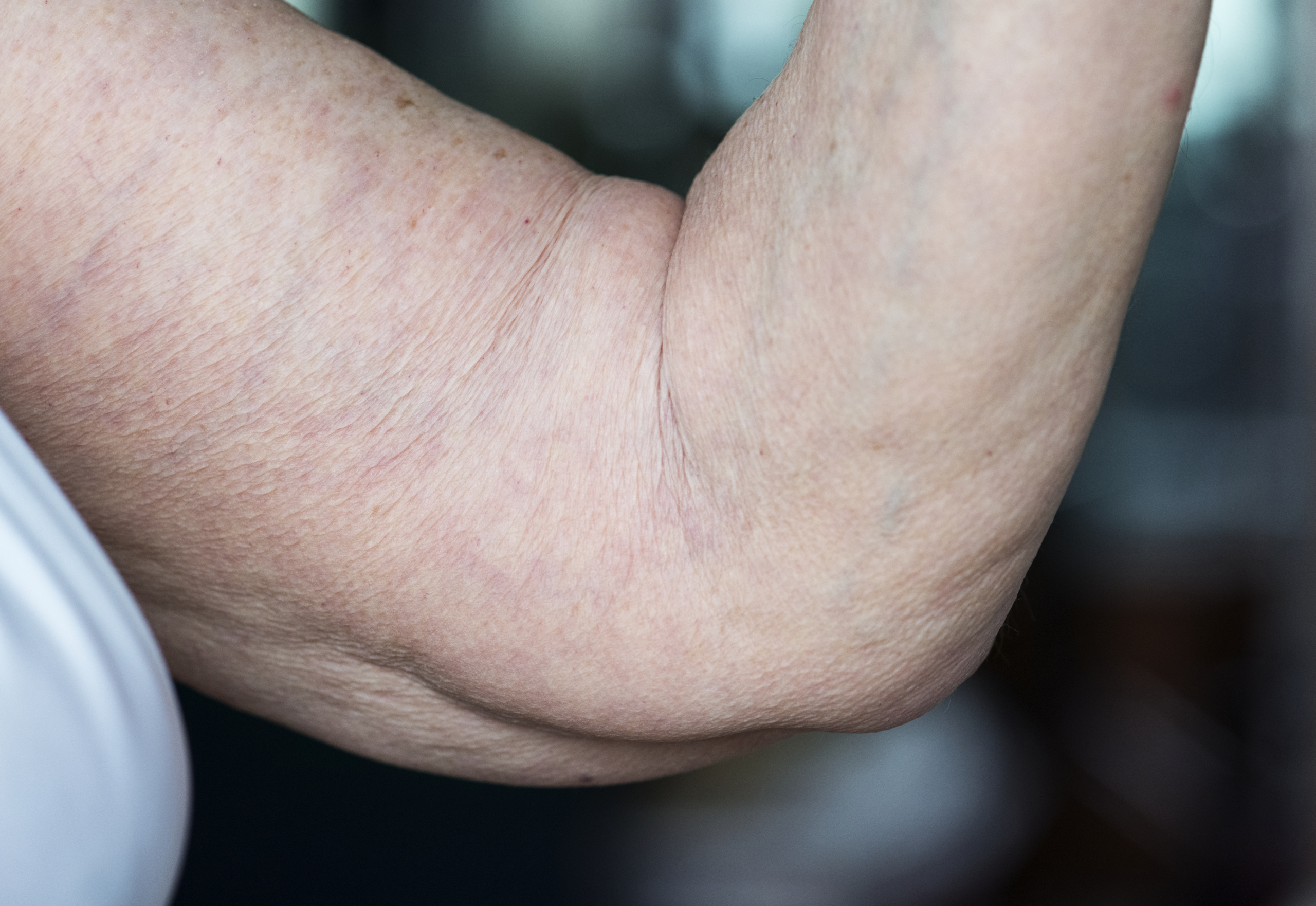
Considering having surgery to lose weight? You’re not by yourself. People who want to lose a lot of weight and get their health back are increasingly turning to bariatric procedures like gastric banding, sleeve gastrectomy, and gastric bypass. Impressive outcomes from these surgeries may include decreased blood pressure, better blood sugar regulation, increased mobility, and a decreased need for medication. There are some less discussed realities that you will only learn about as you go along, even though your doctor will go over the fundamentals and specifics of your condition. Before you jump, you should know these things.
1. The Post-Surgery Blues Are Real

A startlingly high percentage of patients report emotional difficulties during their recuperation, despite the fact that many feel more self-assured and energized following surgery. In the months after surgery, especially after the initial excitement subsides, depression may manifest or even worsen. According to a Yale study, six to twelve months following surgery, about 13% of patients reported having more depressive symptoms. Changes in identity, eating patterns, social interactions, or unresolved issues that were previously covered up by food can all contribute to these emotional downturns. Incorporating mental health treatment into your recovery plan is crucial; support groups and therapy can have a profound impact.
2. Say Hello to Loose Skin (and Potentially Big Bills)

It’s normal to have sagging skin after losing a lot of weight, particularly in places like the arms, thighs, chest, and abdomen. Some people find their new shape to be emotionally or physically upsetting, while others embrace it. The excess skin may occasionally result in infections, rashes, or chafing. Although they are costly and typically not covered by insurance unless they are medically necessary, cosmetic procedures like body contouring can be beneficial. Include skin removal in your long-term weight loss strategy if it’s important to you, both monetarily and emotionally.
3. Your Bathroom Habits Might Change… a Lot

After bariatric surgery, especially with procedures like the Roux-en-Y gastric bypass, digestive changes are common. Numerous patients suffer from “dumping syndrome,” a condition in which food moves quickly through the intestines and causes symptoms like cramps, nausea, sweating, and diarrhea, particularly after consuming fatty or sugary foods. Other problems may also occur, such as irregular bowel movements, gas, or constipation. Particularly in social situations, these changes may be upsetting or embarrassing. “The good news?” A cautious diet, plenty of water, and patience while your body adjusts can help you manage the majority of symptoms.
4. Your Alcohol Tolerance Will Change — A Lot

Your body absorbs alcohol differently after surgery; it does so more quickly and intensely. This implies that your blood alcohol levels can rise rapidly and that you might feel inebriated after just one or two drinks. Regretfully, research has also indicated that some patients are more likely to abuse alcohol after surgery. Alcohol should be used carefully, particularly if you have previously used food as a coping mechanism for stress or emotions. If you intend to consume alcohol, do so in moderation and pay attention to how it impacts your body and emotions.
5. Exercise Is Still Essential

Many people believe that having surgery will make it easier for them to maintain their fitness, but that is untrue. Exercise is essential for maintaining muscle mass as your body changes and for long-term weight loss. Most days of the week, experts advise progressively increasing physical activity levels to 60 minutes. Being active, whether it be through strength training, yoga, swimming, or walking, not only improves your results but also your energy and mental well-being. Regular movement helps you stay on course, and surgery gives you a head start.
6. Soda and Carbonated Drinks Are Off the Table

Despite their apparent innocuousness, carbonated drinks are strictly prohibited following bariatric surgery. These drinks’ gas can cause discomfort, bloating, and even compromise your results by stretching your recently reduced stomach pouch. Sugary sodas can also cause dumping syndrome. Despite being low in calories, diet sodas can interfere with your appetite and digestive system. Stick to electrolyte drinks, herbal teas, or water instead; staying properly hydrated is crucial, particularly since dehydration is one of the leading causes of readmissions to the hospital following surgery.
7. Your Relationship Might Be Tested

Significant physical changes have the power to alter the dynamics of your interpersonal relationships, particularly romantic ones. While many couples find that they become stronger as they lose weight, others might experience unanticipated conflict or emotional detachment. Divorce rates even rise in the first year following bariatric surgery, according to one study. These difficulties frequently result from shifting routines, varying expectations, or low confidence. You and your partner can both benefit from open communication and, in certain situations, couples counseling as you both adapt to the “new normal.”
8. New Tech Might Offer Alternatives or Support

It’s important to know that new technology gives some patients alternative options if surgery makes you anxious. One such is the FDA-approved Maestro Rechargeable System, a gadget that stimulates the vagus nerve to help regulate hunger in a manner similar to a pacemaker. Patients who are not candidates for traditional surgery or who require assistance with weight management after the procedure may find it helpful. It is implanted during a minimally invasive procedure. It’s a promising tool that could support your weight loss plan, even though it’s not as effective as procedures like gastric bypass.
9. The Surgery Risks Aren’t as Scary as You Think

Though many people are concerned about the safety of bariatric surgery, these procedures are now safer than ever thanks to modern techniques. The American Society for Metabolic and Bariatric Surgery (ASMBS) estimates that there is only a 4.3% chance of serious complications. In the long term, surgery is frequently the safer and more effective choice when weighed against the major health risks of continuing to be extremely obese, such as diabetes, heart disease, stroke, and even early death.
10. Most Patients Say They’d Do It Again

Despite the difficulties, the majority of bariatric surgery patients say they would choose the procedure again. Many say they feel less dependent on medicine, healthier, and more energized. Their quality of life, mobility, and self-confidence all improve. It’s a lifestyle shift rather than a quick fix, but for many, it’s the most liberating choice they’ve ever made.
Although weight loss surgery is an effective tool, it is only that—a tool. The best results require patience, hard work, and support. You can better prepare for success and steer clear of unpleasant surprises by being aware of the less well-known side effects, difficulties, and emotional changes. Being well-informed before beginning, whether you’re still debating or have made a decision, will position you to be the happiest, healthiest version of yourself.




